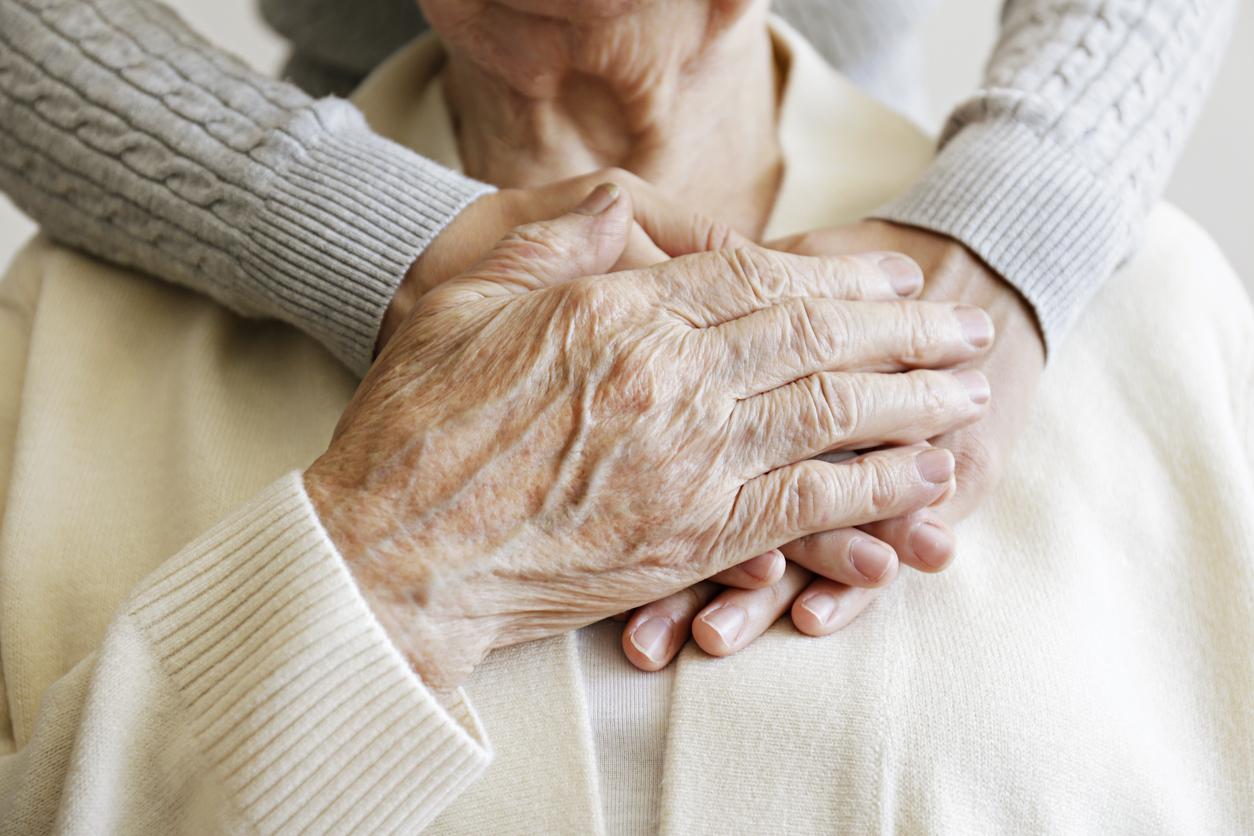By acting on the metabolism and the immune system, caloric restriction would cause a reprogramming of the production of T lymphocytes and the fat elimination process.

- Caloric restriction or hypocaloric diet consists of reducing caloric intake while eating enough food at the qualitative level.
- This type of diet generates a “reset” effect on the functioning of the immune system and on the metabolism.
- Such reprogramming improves healthy life expectancy
Restricting calorie intake would reprogram metabolic and immune responses that increase lifespan. This “reset” effect of a hypocaloric diet on the aging process is detailed in a study carried out by the American biomedical research center of Pennington and published in the journal Science.
Increase in T cells
How can this change in diet change everything in the functioning of the metabolism and the immune system to such an extent that it extends life expectancy? “As people age, their thymus (gland that regulates the immune and lymphatic systems) shrinks and produces fewer T cells, which makes it harder for older people to fight infections and certain cancers, explains Eric Ravussin, Associate Director at the Pennington Center Calorie restriction helps keep the thymus from shrinking, so the person generates more T cells.” Demonstration: Study participants who reduced their calorie intake by 14% over two years generated more T cells.
However, an increase in these T lymphocytes improves immunity but also allows better burning of fatty acid reserves to produce energy. “And it is the accumulation of fat on organs such as the liver or the muscles that leads to obesity, diabetes and aging”, recalls Dr. Ravussin.
Treatments to extend healthy life
The work carried out by the team at the Pennington center has also shown in animal models that a caloric reduction this time of 40% prolongs their life, but with sometimes negative consequences on growth, reproduction and immunity. . However, such a caloric restriction would reduce the levels of genes encoding a platelet activating factor, PLA2G7, a reduction which makes it possible to limit age-related inflammation and which improves metabolic health. This paves the way for possible treatments to prolong healthy life.
.

















